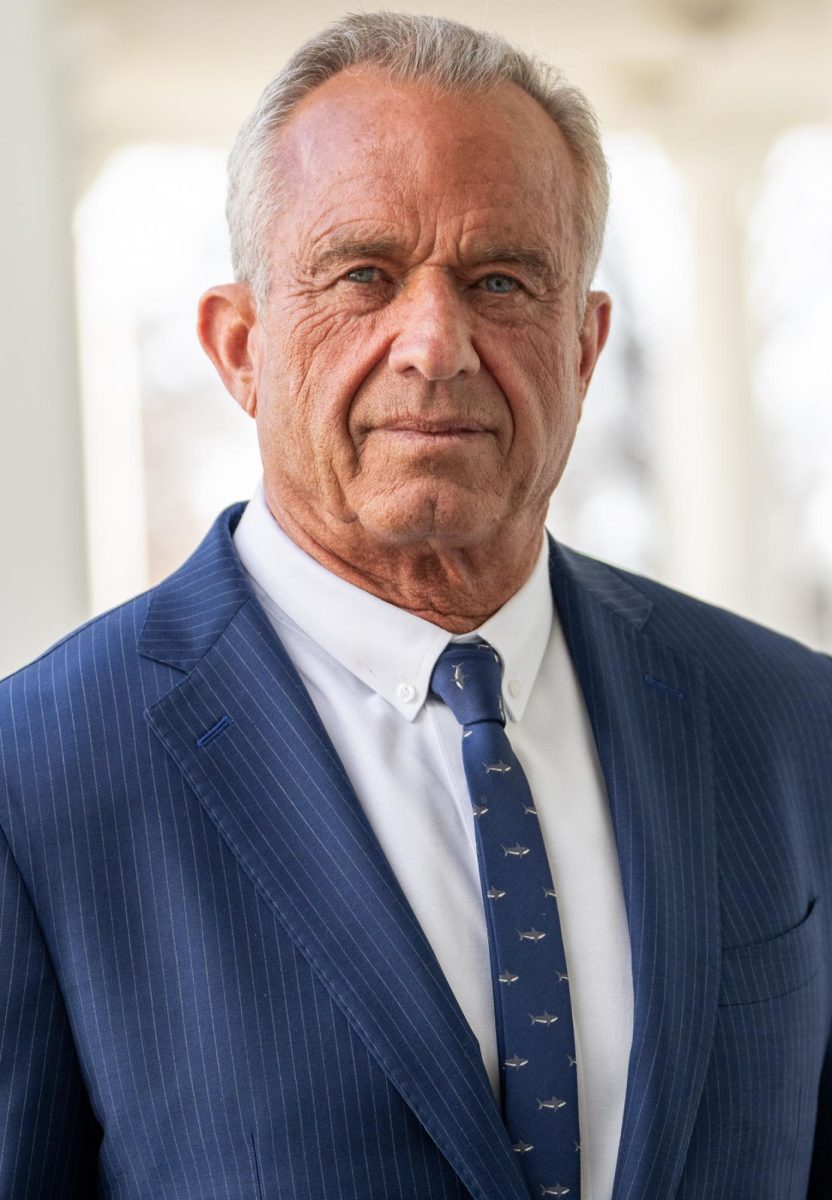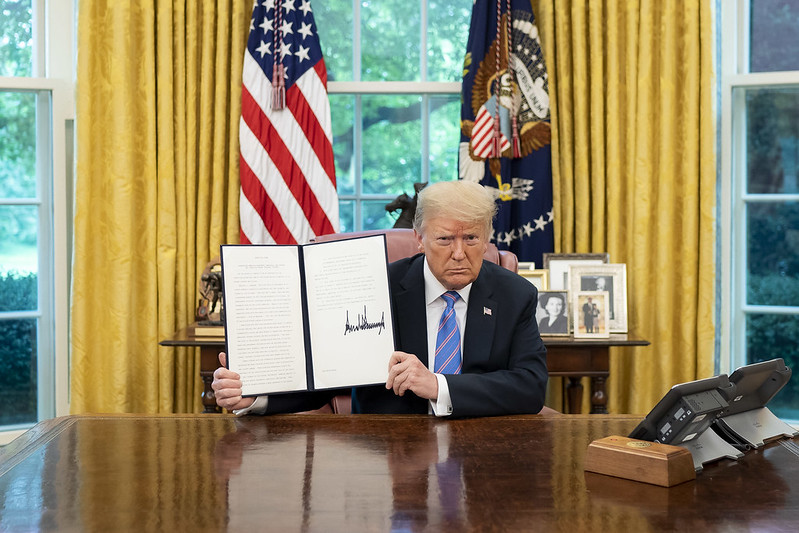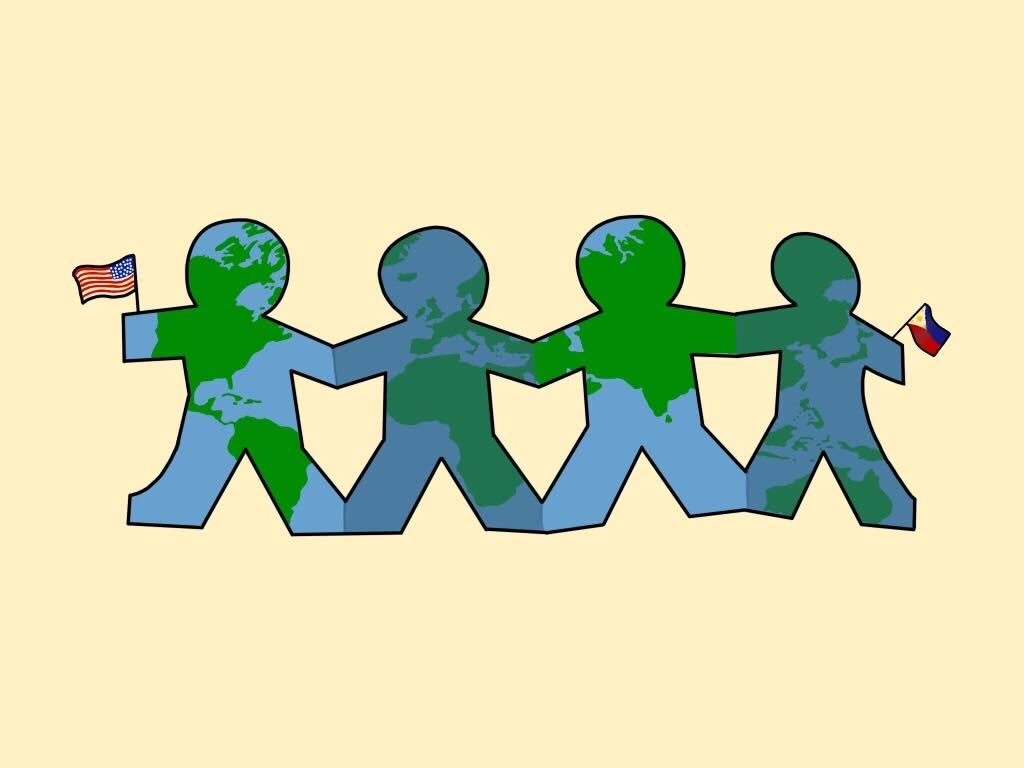Editor’s note: Kenny Sokan is an editorial columnist for The News.
Two weeks ago, an editorial column was published on huntnewsnu.com about white privilege. In it, the writer expressed his irritation with being told to check his. In the column, the writer says “Because I’m white or male, or a mix of other assorted assumptions and reasons, I cannot have an opinion on issues of race or gender.” He goes on to discuss the struggles of his ancestors during the Holocaust, how his parents grew up in projects of NYC, then his own life, riddled with misfortune – a series of health problems and discrimination against him for his religious beliefs. He states his whiteness did not help lift him or his family out of their struggles, therefore it is not a factor and never was a factor, in his or his family’s life.
After reading the column, I sat at my desk baffled. I am truly astonished and quite honestly disturbed at the writer’s profoundly skewed perception of what white privilege is. So, I want to take the time to explain the term’s meaning, its implications and why it matters.
White privilege, also known as white-skin privilege, can best be described as the societal privileges that benefit white people in western countries beyond what is commonly experienced by the non-white people under the same social, political or economic circumstances.
It is not something white people ,or people who pass for white, necessarily do, create or intentionally enjoy, but it’s there. White people and people of color experience the world in very different ways.
Let’s focus on America. What are the ways in which white people benefit from their skin color? Well, for one, white people are the majority and dominant in all aspects of American society. As said in the book “Racial Domination, Racial Progress” there is a “tendency of schools and universities to support curriculum that highlights the accomplishments of European Americans, ignoring the accomplishments of non-European Americans; the disproportionate numbers of white people in high-ranking political, economic and military posts and the ongoing exclusion of people of color from such posts; and the prevalence of law enforcement practices that target people of color, especially of African Americans, criminals or terrorists.”
Why does any of this matter? Because these privileges you experience are a direct result of the oppression of people of color. Hearing this from a person of color may make you feel uncomfortable. It may make you squirm, but it’s the truth and one that too often goes unacknowledged. And if this makes you uncomfortable, you have a problem.
I’m not saying white people should feel guilty. You were born in the skin you’re in by no fault of your own, but experience and benefit from the privilege nonetheless.
I think people hear the word privilege and think of it negatively and don’t want someone tagging it to them, but it’s not. I am privileged over someone with a physical disability because I do not have one. All “acknowledging privilege” means is being aware that some people have to work much harder just to experience the things you take for granted (if they can ever experience them at all). White people have privilege over someone who is not white because white is the majority and white has the power.
With that being said, I would also like to point out that white privilege does not guarantee you an easy life. It doesn’t guarantee you won’t experience any discrimination for whatever reason, that you won’t suffer from health problems and it surely doesn’t invalidate the struggles of a persecuted group of white people in the past.
– Kenny Sokan is a third-year journalism major.









